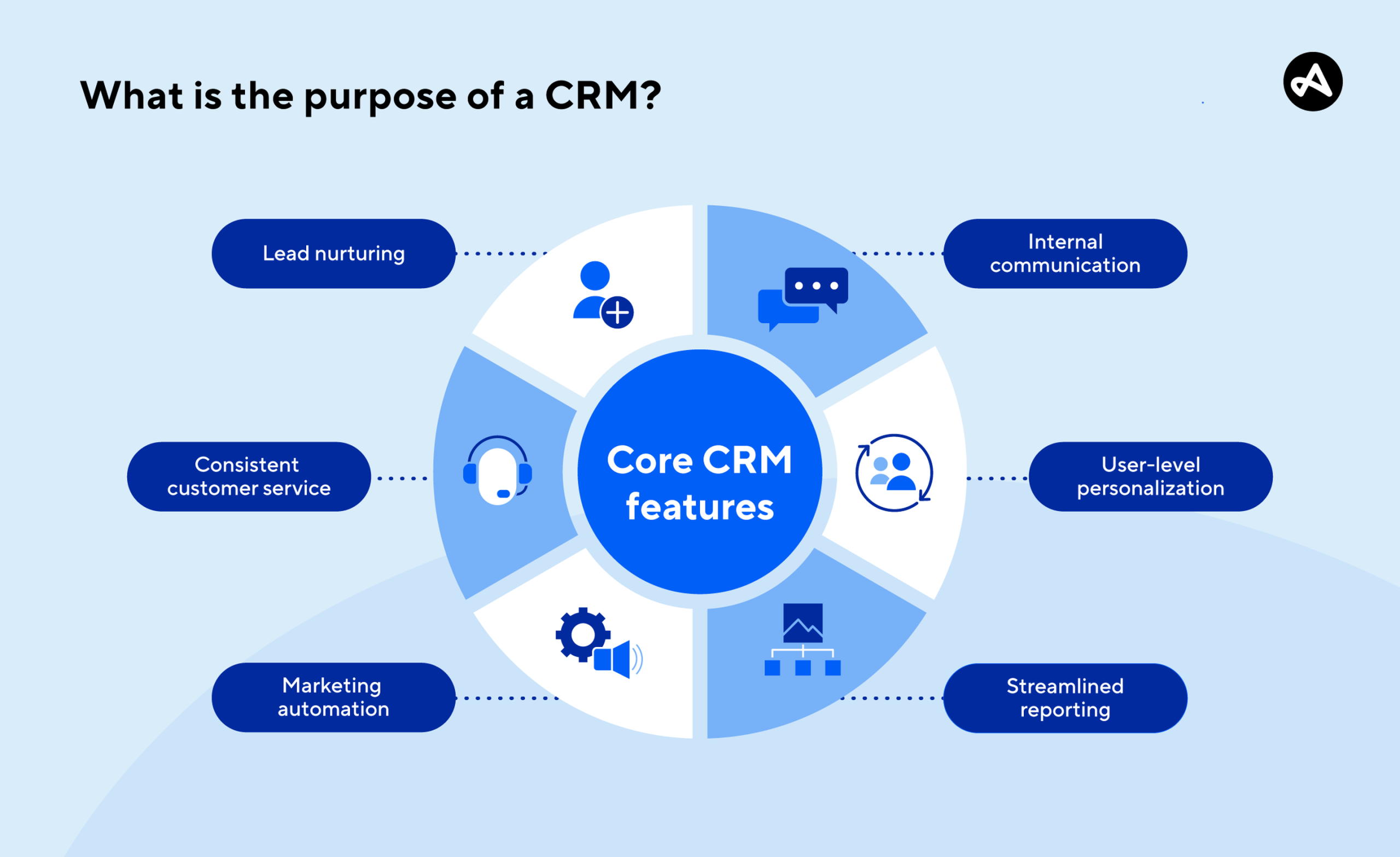Introduction
In today’s competitive business landscape, customer relationships are the cornerstone of sustainable growth. A great Customer Relationship Management (CRM) system isn’t just a digital address book—it’s a strategic asset that helps businesses manage leads, streamline communication, and deliver personalized experiences. As businesses increasingly go digital in 2025, the importance of having a powerful, intuitive, and scalable CRM cannot be overstated.
This comprehensive article explores what makes a CRM “great,” its key components, how it benefits different business types, top CRM platforms in 2025, implementation tips, and the future of CRM technology.
Table of Contents
- What Is a CRM?
- Defining a Great CRM System
- Core Features of a Great CRM
- Benefits of Using a Great CRM
- Great CRM for Different Business Sizes
- Cloud-Based vs. On-Premise CRM Systems
- Integration Capabilities
- Customization and Scalability
- Data Security and Compliance
- AI and Automation in Modern CRMs
- Mobile Accessibility and Remote Work
- CRM Analytics and Reporting
- CRM and Customer Journey Mapping
- Best Practices for CRM Implementation
- Training and User Adoption
- Measuring CRM ROI
- Common Challenges and Solutions
- Top Great CRM Software in 2025
- Case Studies: Businesses That Transformed with Great CRMs
- The Future of Great CRMs
What Is a CRM?
CRM stands for Customer Relationship Management—a platform that helps businesses organize, track, and manage all customer interactions and data. It is used by sales, marketing, and customer service teams to improve customer satisfaction and drive revenue.
Defining a Great CRM System
A great CRM is one that not only stores contact information but also provides deep insights, facilitates collaboration, and adapts to your business needs. It’s user-friendly, feature-rich, and integrates seamlessly into your business processes.
Core Features of a Great CRM
- Contact and lead management
- Sales pipeline tracking
- Email and calendar integration
- Task automation
- Reporting and analytics
- Custom dashboards
- Mobile app support
Benefits of Using a Great CRM
- Improved customer service: Access to full customer history.
- Increased sales: Automation and pipeline visibility.
- Better data management: Centralized platform for customer data.
- Enhanced marketing: Segmentation and campaign tracking.
- Team collaboration: Shared tasks, notes, and updates.
Great CRM for Different Business Sizes
- Small businesses: Look for simplicity, affordability, and ease of use (e.g., Zoho CRM, HubSpot CRM).
- Medium businesses: Need scalability, automation, and analytics (e.g., Pipedrive, Insightly).
- Large enterprises: Require extensive integrations, AI tools, and customization (e.g., Salesforce, Microsoft Dynamics).
Cloud-Based vs. On-Premise CRM Systems
- Cloud CRM: Accessible from anywhere, updated automatically, lower upfront costs.
- On-premise CRM: More control and customization, but requires IT support and infrastructure.
Integration Capabilities A great CRM should connect with:
- Email platforms (Gmail, Outlook)
- Marketing tools (Mailchimp, ActiveCampaign)
- Accounting software (QuickBooks, Xero)
- E-commerce platforms (Shopify, WooCommerce)
- Social media tools (Facebook, LinkedIn)
Customization and Scalability Every business is unique. A great CRM allows:
- Custom fields and workflows
- Role-based access controls
- Modular add-ons and plug-ins
- Scalability to accommodate growth
Data Security and Compliance A modern CRM must ensure:
- End-to-end encryption
- Role-based permissions
- GDPR, CCPA compliance
- Secure data backups
AI and Automation in Modern CRMs Great CRMs harness AI to:
- Score leads
- Predict customer behavior
- Automate follow-ups
- Recommend actions
- Provide chatbots for instant support
Mobile Accessibility and Remote Work
- Mobile apps keep remote teams connected
- Access data, update records, schedule tasks on the go
- Push notifications for reminders and updates
CRM Analytics and Reporting Key analytics features:
- Sales trends and forecasting
- Pipeline stage conversion rates
- Email open/click rates
- Customer lifetime value (CLTV)
CRM and Customer Journey Mapping Great CRMs visualize the customer’s journey:
- From lead generation to retention
- Helps identify pain points and opportunities
- Aligns sales, marketing, and support efforts
Best Practices for CRM Implementation
- Define your goals and KPIs
- Clean and import data accurately
- Involve end-users early in the process
- Customize according to your workflows
Training and User Adoption
- Provide hands-on training
- Use gamification for engagement
- Offer ongoing support and FAQs
- Collect user feedback and iterate
Measuring CRM ROI
- Track lead conversion rates
- Monitor customer retention
- Analyze time saved in processes
- Evaluate sales and revenue growth
Common Challenges and Solutions
- Low adoption: Involve users early, offer training
- Data inconsistency: Clean data and standardize inputs
- Feature overload: Customize the interface
- Integration issues: Work with expert vendors
Top Great CRM Software in 2025
- Salesforce: Industry leader with robust features
- HubSpot CRM: Great for inbound marketing
- Zoho CRM: Affordable and flexible
- Pipedrive: Sales-focused CRM
- Freshsales: AI-powered insights and automation
- Microsoft Dynamics 365: Enterprise-grade solution
Case Studies: Businesses That Transformed with Great CRMs
- E-commerce startup: Increased conversions 30% using HubSpot CRM’s marketing tools
- Real estate agency: Automated follow-ups with Pipedrive, saving 15 hours weekly
- Healthcare provider: Streamlined patient communication via Salesforce Health Cloud
The Future of Great CRMs
- Hyper-personalization: AI to tailor every interaction
- Voice-powered CRMs: Using voice commands to update records
- Predictive CRM: Forecasting trends and behavior
- Unified platforms: Combining CRM, ERP, and BI tools
- Greater automation: From sales outreach to post-sale support
Conclusion
A great CRM is more than software—it’s a strategic asset that aligns your team, elevates your customer experience, and accelerates growth. With the rise of AI, cloud computing, and data-driven marketing in 2025, selecting and leveraging the right CRM can position your business ahead of the competition. Whether you’re a startup or an enterprise, investing in a great CRM is investing in the future of your business.
